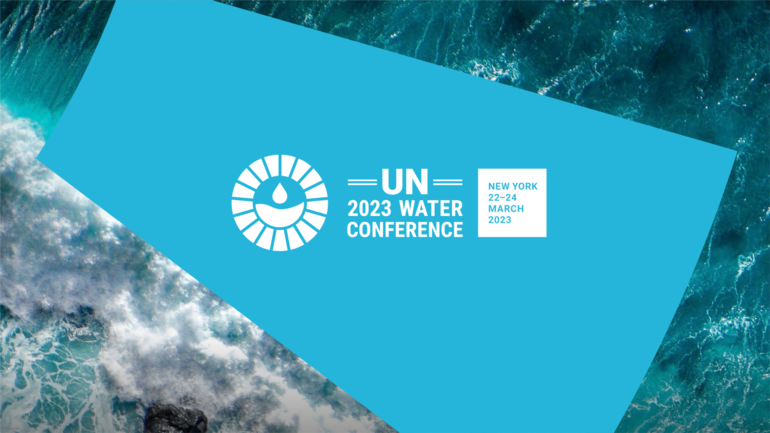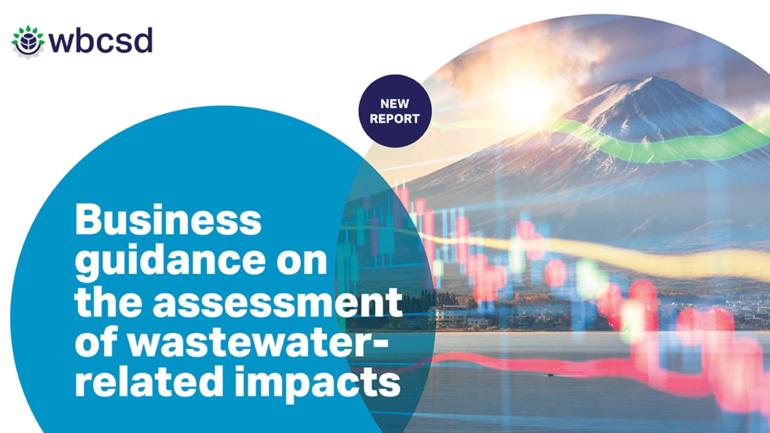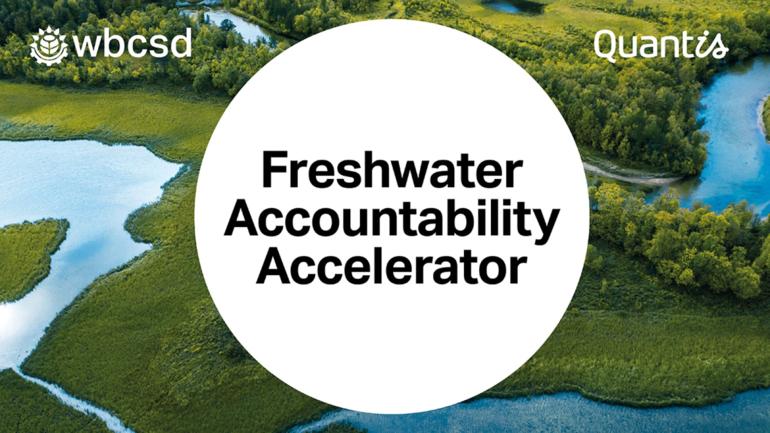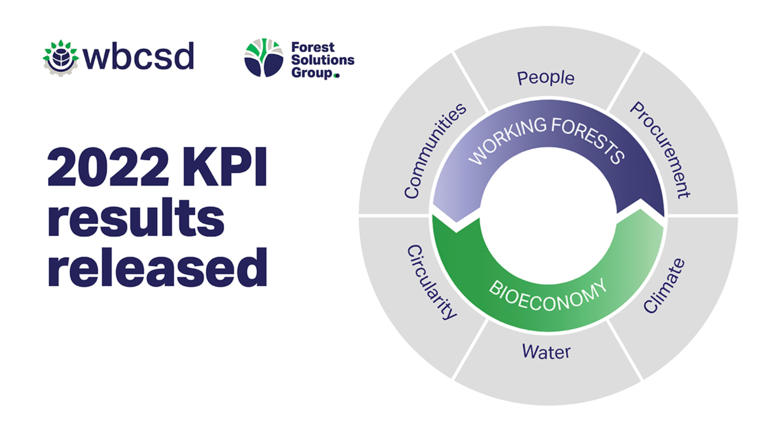On World Toilet Day today, it’s important to remember that something as basic as having a bathroom at work is actually a key part of the well-being and prosperity of business and society.
Nestlé’s success story around implementing their successful water, sanitation and hygiene (WASH) programs serves as a clear example of the far-reaching benefits companies experience when they care for the health and wellbeing of their employees.
In Central America, Nestlé works in countries where much of the population doesn’t have access to WASH. This absence of basic services significantly impacts people’s health, education and job prospects.
Wanting to take a lead on the issue regionally and globally, Nestlé helped launch the WASH at the Workplace Pledge, led by the World Business Council for Sustainable Development (WBCSD). The Pledge commits companies to guaranteeing access to WASH for employees in direct operations within three years.
For Nestlé, the Pledge has been a great way to boost momentum behind existing strategies for good workplace conditions and water stewardship. It has positively affected 4,900 direct employees across 17 facilities in the region by ensuring access to WASH in the workplace.
To implement the WASH Pledge, a regional strategy was initiated in all company sites in Costa Rica, Guatemala, Honduras, Nicaragua and Panama. It raised awareness about the link between WASH and healthy, motivated and productive people at work.
Once a baseline and targets for improvement on WASH at the workplace had been set, WASH delegates were appointed at each site. These delegates were charged with teaching employees about WASH and with ensuring that any existing gaps on WASH provision were addressed by the company.
As a result, internal water quality testing procedures were implemented across many sites, and there is now an annual company-wide awareness-raising day to educate employees about the importance of proper hygiene. And because of the delegates’ persistence, the company was able to obtain an environmental site permit in the Guatemala Distribution Center, which had been pending with local authorities for some time.
Importantly, Nestlé workers are now inspired and informed about the impact and benefits of WASH, and they’re taking the messages out into their communities.
Some factories carried out a WASH survey with local workers to understand current safe water usage and adequate sanitation access in employees’ homes.
In response to the survey’s findings, the Antigua Maggi Factory in Guatemala, for instance, financed eco-filters for workers’ homes to ensure their access to safe drinking water. And a dairy factory in Matagalpa in Nicaragua created a WASH committee to develop water conservation projects with the community.
WASH Pledge implementation also served as an opportunity to take WASH into supply chains: a regional workshop was held with key suppliers to discuss how the WASH Pledge can be implemented in Nestlé’s upstream supply chain, and encouraging suppliers to implement the Pledge at their workplace.
These stories from Central America shows how business can play a key role in achieving WASH by 2030. But there is still a long way to go. You can help speed up the process by signing the WASH Pledge and getting your company involved.
This story marks the celebration of World Toilet Day, 19 November, and the launch of WASH Pledge implementation case studies by Nestlé and Vedanta Resources, showcasing the concrete action that the WASH Pledge has triggered within companies. To find out more about the WASH Pledge, or to join the 42 current signatories, visit the WASH Pledge website.
We would like to thank Tom Burgess who has developed this story for us on behalf of UN-Water.








